Road-Ready: Essential Car Maintenance Tips for a Smooth Ride

Your car is more than just a vehicle; it’s a dependable companion on every journey, whether it’s a short commute, a long road trip, or simply running errands. Aside from being a mode of transportation, your car plays an important role in your everyday life, giving convenience, dependability, and independence. Regular maintenance is required to keep it operating at peak efficiency. Proper maintenance not only improves safety and fuel efficiency, but it also extends the life of your vehicle, allowing you to avoid costly repairs later on. Whether you’re a seasoned driver or new to car ownership, understanding the essentials of auto maintenance will keep your vehicle in good shape for years to come. Here’s all you need to know about keeping your vehicle road-ready and running properly. Whether you use it for commuting, road trips, or daily errands, keeping it in good condition assures safety, longevity, and perform.
1. Regular Oil Changes: The Lifeline of Your Engine
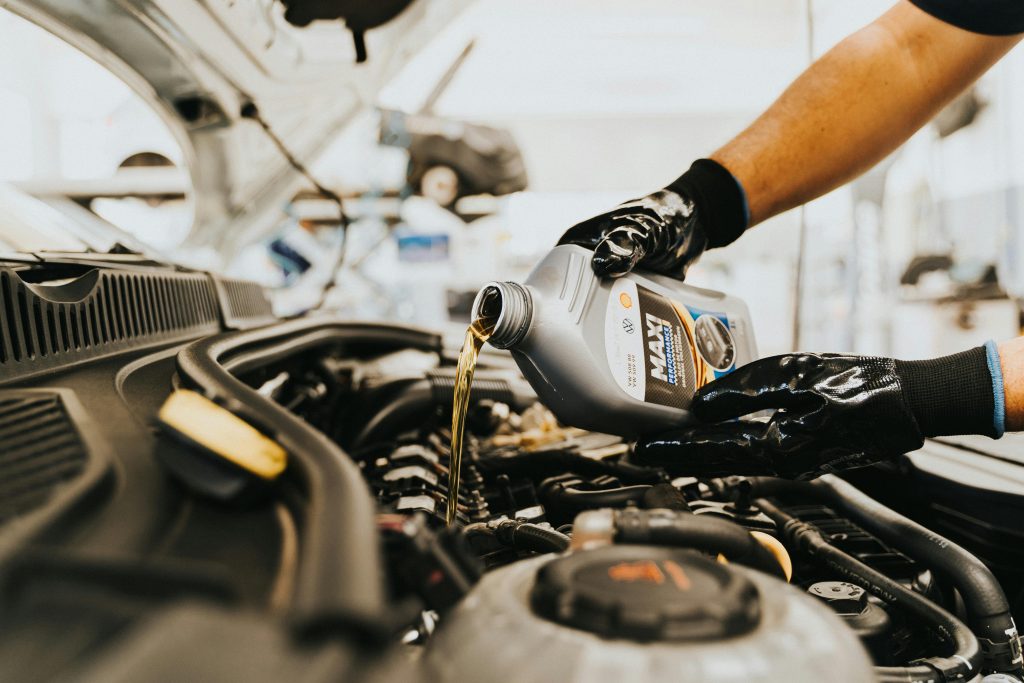
Oil lubricates and protects your engine’s moving parts, decreasing friction and preventing wear. Over time, oil degrades and gathers dirt and debris, resulting in engine inefficiency and damage. Ignoring oil changes can lead to costly repairs, overheating, and lower fuel efficiency. To keep your engine running smoothly, follow the manufacturer’s recommended oil change schedule and always use the correct type of oil for your vehicle. Skipping oil changes can cause overheating and costly damage.
2. Tire Care: Stay Safe on the Road
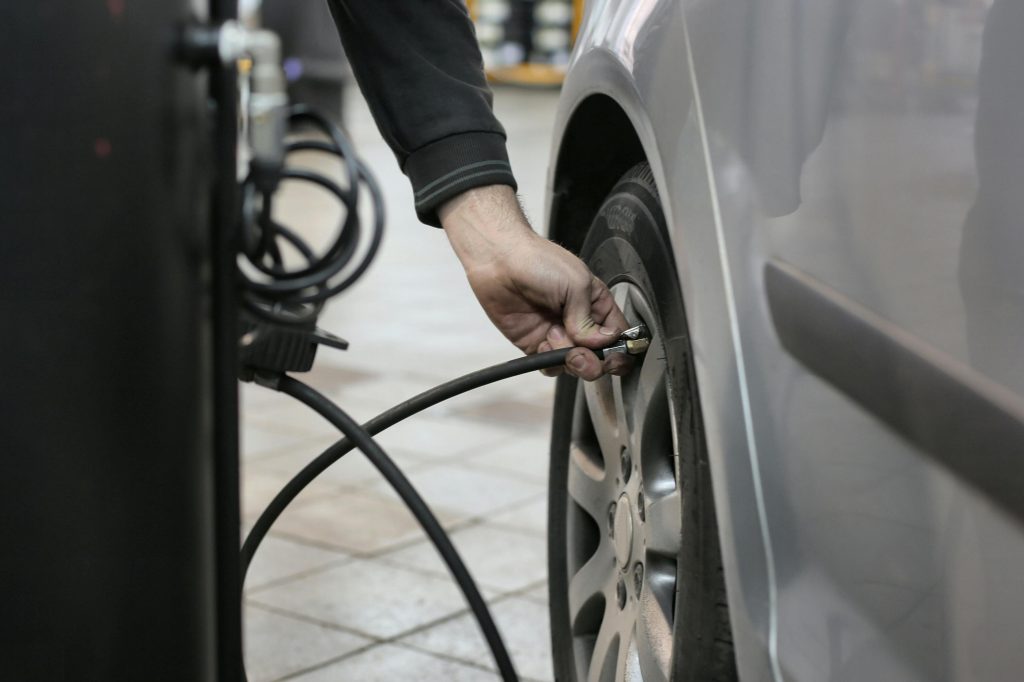
Check your tire pressure and tread regularly to ensure a smooth and fuel-efficient ride. Properly inflated tires improve handling, extend tire life, and increase fuel efficiency. Underinflated or worn-out tires can increase the likelihood of an accident, decrease traction, and diminish fuel efficiency. Additionally, mismatched wheels can cause uneven wear, resulting in costly replacements. Underinflated or worn-out tires can increase the likelihood of an accident and decrease fuel efficiency. Rotate your tires every 5,000-7,500 miles for even wear, and get them balanced and aligned as needed to preserve peak performance.
3. Brake Inspection: Don’t Ignore Warning Signs.
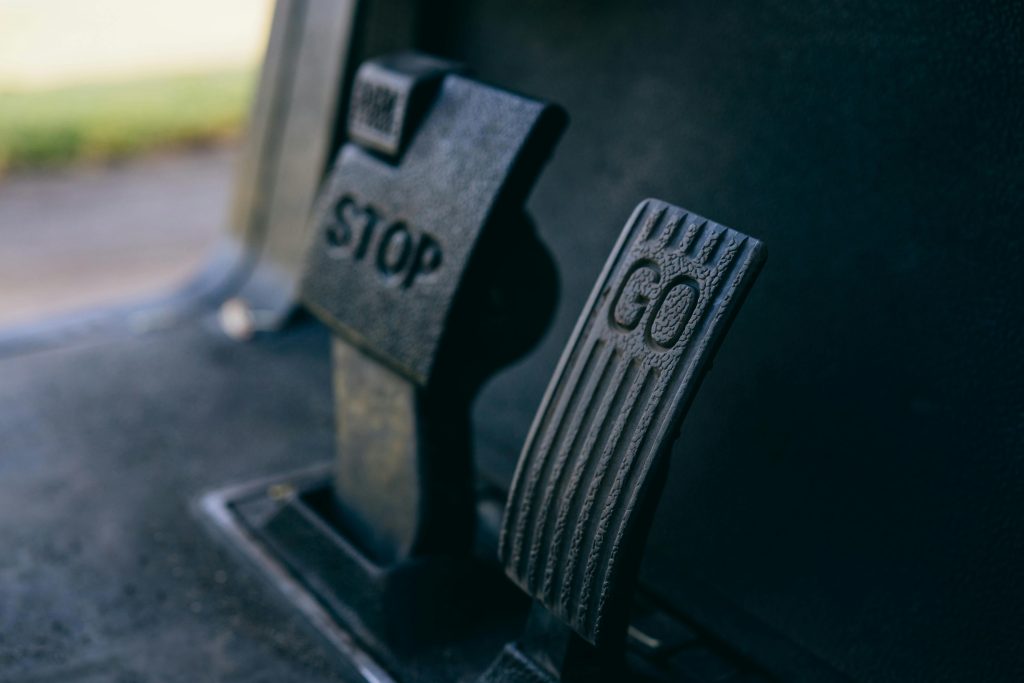
Squeaking, grinding, or a soft brake pedal are definite indications that your brakes require quick attention. Worn brake pads, low braking fluid, or damaged rotors can all reduce your vehicle’s stopping power, putting you and others at risk. Addressing brake faults as soon as possible can save you money on repairs and prevent accidents. Routine brake checkups assist prevent breakdowns and keep you safe on the road.
4. Battery Health: Avoid Unexpected Breakdowns.
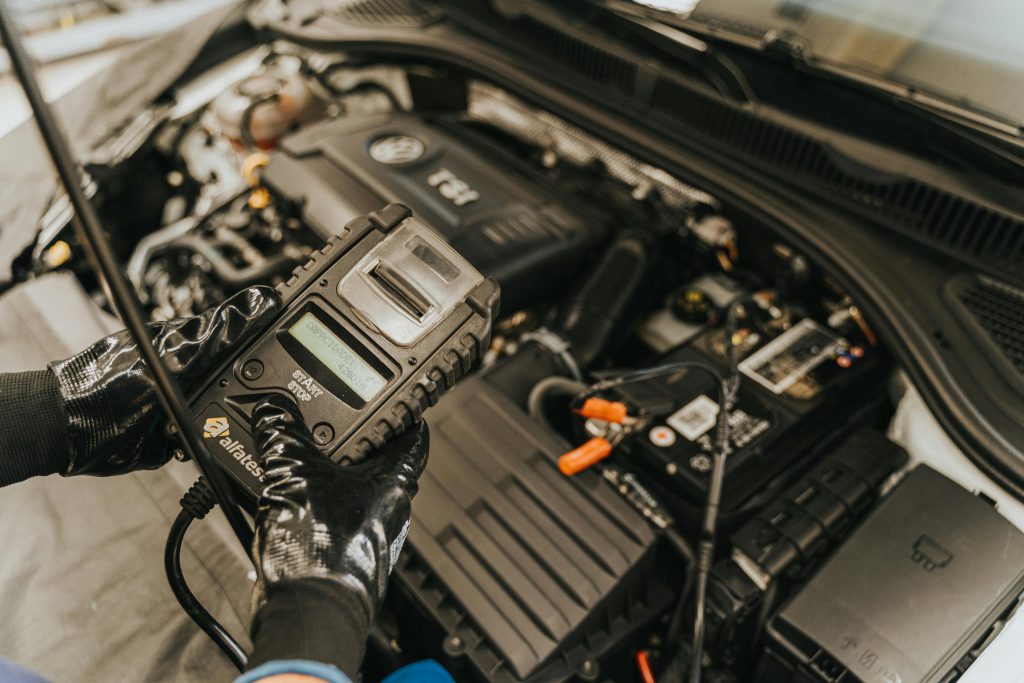
A dead battery can leave you stranded during the most inconvenient moments. To avoid unexpected breakdowns, inspect for corrosion, loose connections, and test the voltage on a regular basis. Extreme temperatures, frequent short journeys, and leaving gadgets on while the engine is turned off can all reduce battery life. Replace the batteries every 3-5 years, or sooner if you experience slow starts, dim headlights, or electrical problems. Keeping jumper wires in your car as a backup might also be useful in an emergency. Periodically check for corrosion and loose connections, as well as verify the voltage.
5. Fluid Maintenance: Prevent Costly Repairs
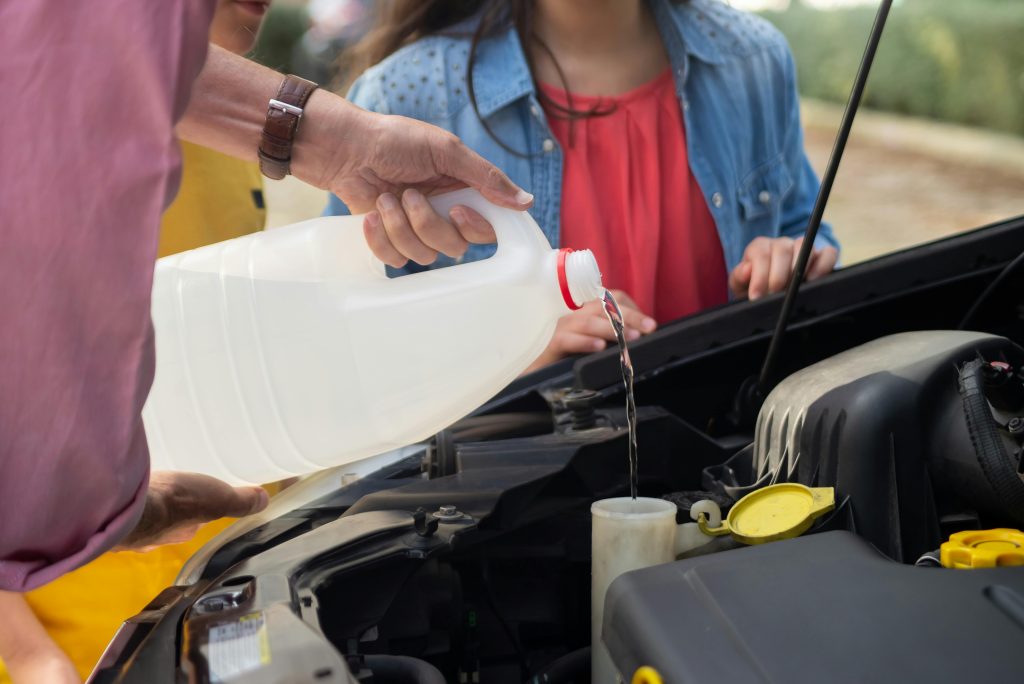
Your automobile relies on numerous important fluids, including coolant, transmission fluid, brake fluid, and power steering fluid, all of which are critical to keeping it functioning properly. Low or unclean fluids can cause overheating, transmission failure, braking malfunctions, and steering troubles, leading in major mechanical problems and expensive repairs. Regularly monitoring, filling up, and replacing fluids as needed will help keep your automobile in excellent shape and prevent unexpected failures on the road. Low or filthy fluids might result in major mechanical problems.
6. Air Filters: Breathe Easy.
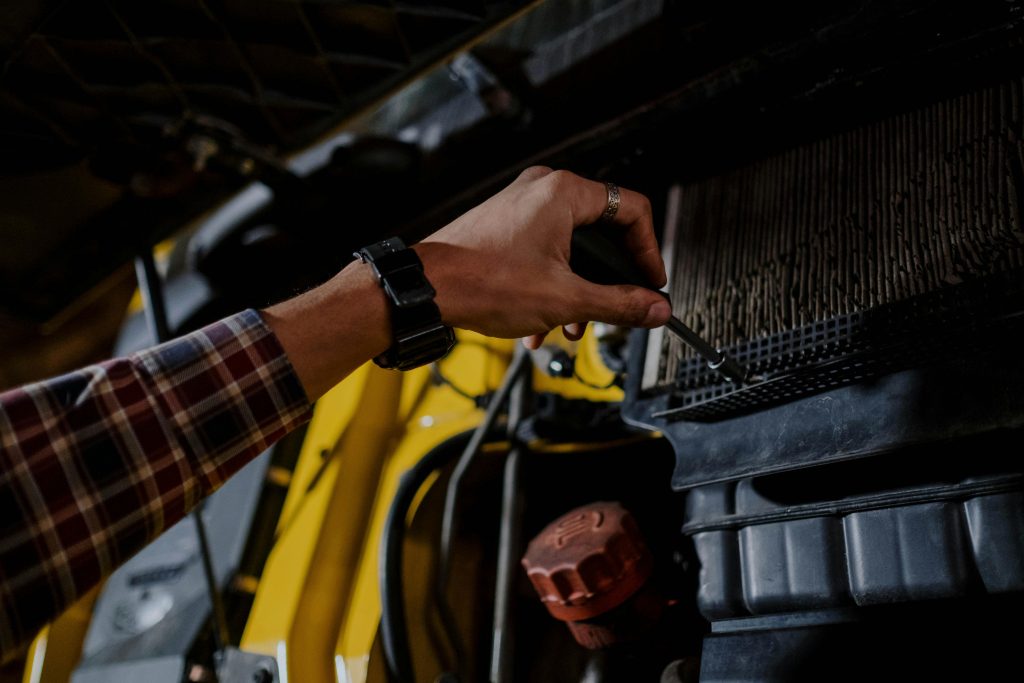
Dirty air filters lower engine efficiency and cabin air quality by limiting airflow, forcing your engine to work more than necessary. Clogged filters can reduce fuel efficiency, slow acceleration, and allow dangerous particles to enter your vehicle’s ventilation system. Replacing your air filters every 12,000-15,000 miles increases fuel efficiency, allows your engine to breathe better, and assures cleaner air inside your vehicle, resulting in a healthier driving environment.
7. Wiper Blades and Lights: See and Be Seen.

Visibility is critical to safe driving, especially in inclement weather or at night. Replace wiper blades every 6-12 months to maintain a clear windshield and excellent visibility in rain or snow. Check your headlights, brake lights, and turn signals on a regular basis to ensure they work correctly. Dim or malfunctioning lights can impair visibility and increase the likelihood of an accident. Keeping your lights and wipers in good condition allows you to see and be seen on the road, which improves overall safety.
8. Tune-ups: Maintain optimal performance.
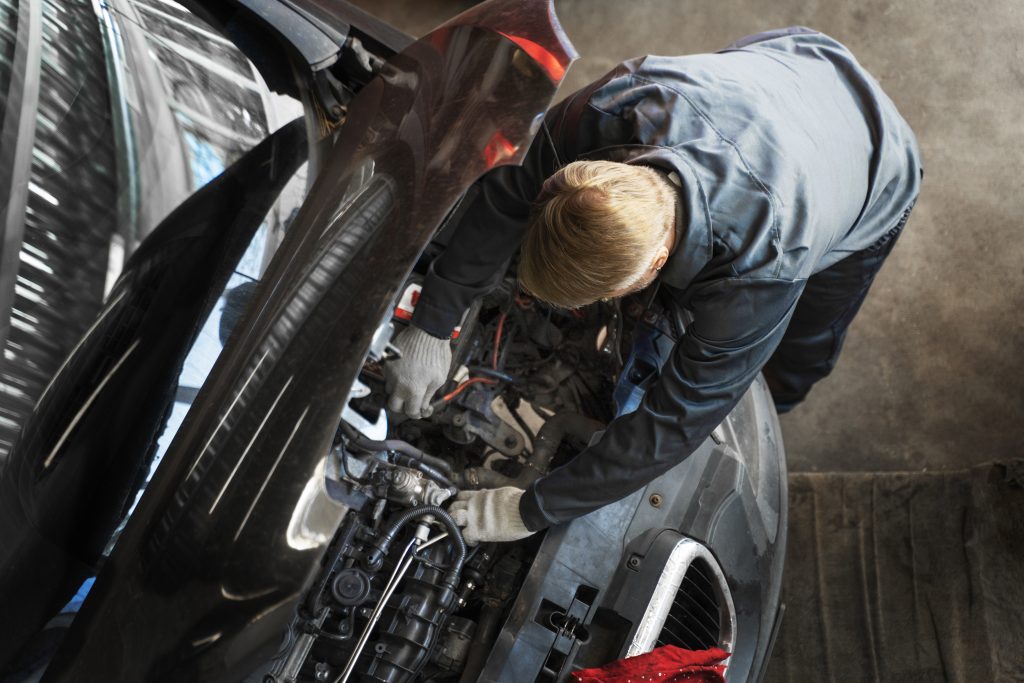
Regular tune-ups help to discover and resolve minor flaws before they become costly problems. Spark plug repairs, belt checks, and software upgrades can all assist to keep your engine running smoothly. A well-tuned car runs more efficiently, gets better gas mileage, and has fewer unexpected failures. By being proactive with tune-ups, you can keep your car reliable and road-ready for years to come.
Drive with confidence.

Caring for your vehicle does not have to be complicated. By following these maintenance guidelines, you may extend the life of your car, improve its performance, and avoid expensive repairs. Stay proactive, perform routine checks, and enjoy every trip with confidence! Spark plug repairs, belt checks, and software upgrades can all assist to keep your engine running smoothly. A well-tuned car runs more efficiently, gets better gas mileage, and has fewer unexpected failures. By being proactive with tune-ups, you can keep your car reliable and road-ready for years to come.


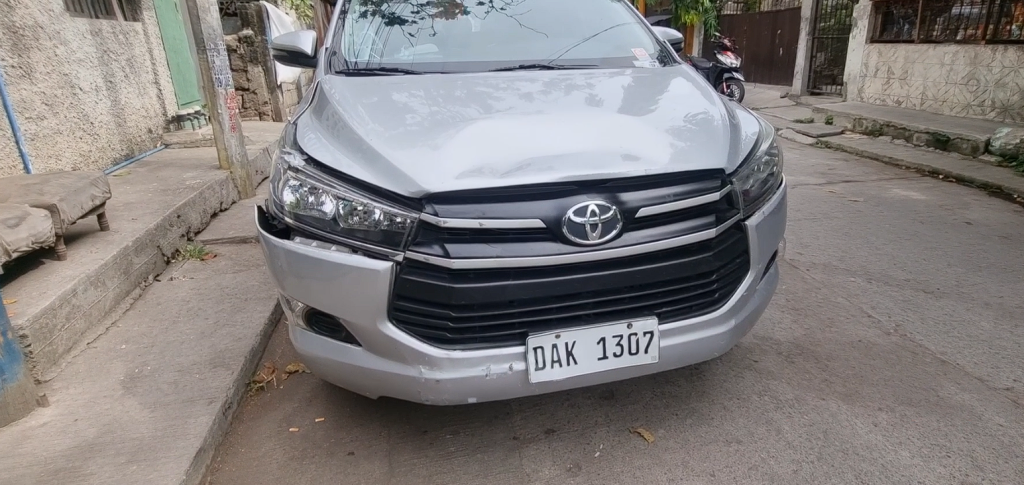
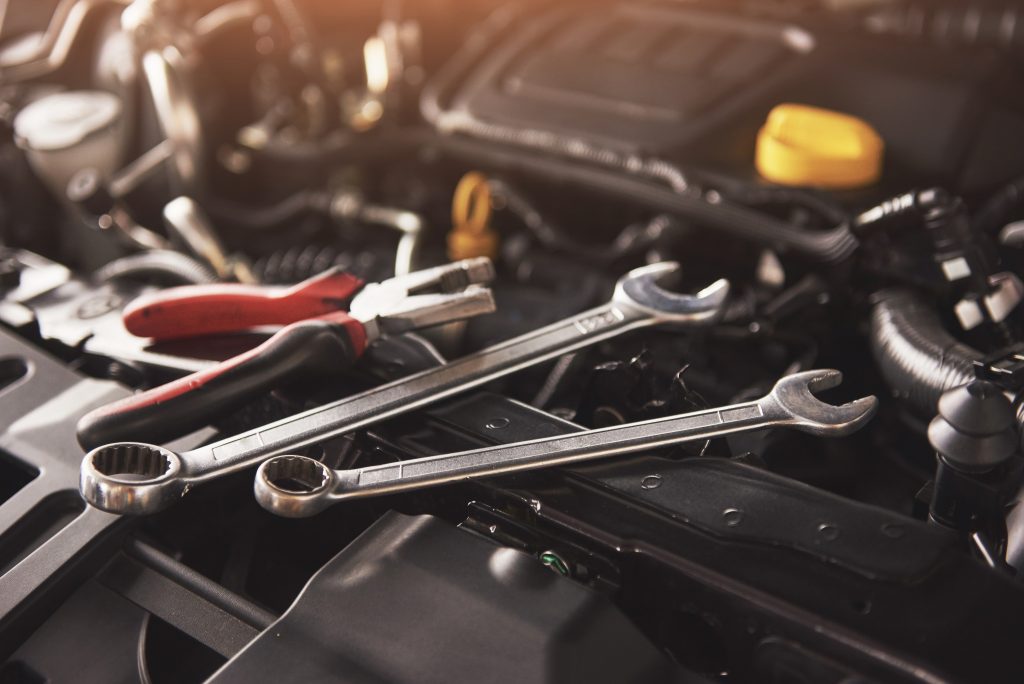
Responses